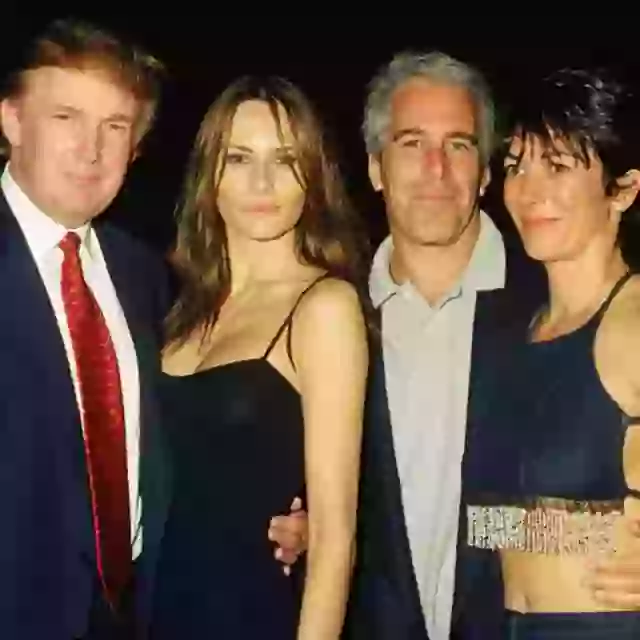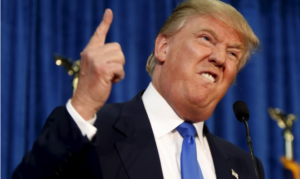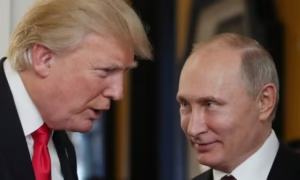On July 3rd, Elon Musk dropped a one-word tweet that reignited one of the darkest and most politically explosive debates in American public life. The tweet, a simple “Yes,” was a direct response to a user calling for the release of the unredacted Jeffrey Epstein files.
The context surrounding this moment, however, is anything but simple. Musk’s cryptic affirmation comes just weeks after he hinted at the alleged presence of former President Donald Trump’s name in the classified Epstein materials—comments he has since deleted. The tweet may be short, but its implications are vast, touching on elite secrecy, bipartisan fear, and Musk’s increasingly volatile role in public discourse.
The Tweet That Launched a Firestorm
The original tweet came from conservative influencer Scott Presler, who wrote:
“Release the unredacted Epstein files.”
Musk, known for swinging markets and stirring global debates with minimal characters, simply replied:
“Yes.”
That one-word response racked up tens of millions of views in hours. But the brevity masked a deeper, more ominous implication: Musk was aligning himself—at least publicly—with those demanding full transparency over one of the most sensitive scandals in recent memory.
Why This Matters Now
The Epstein case—featuring an international sex trafficking ring tied to the ultra-wealthy and politically powerful—has long symbolized the public’s deep distrust in institutions. Despite Jeffrey Epstein’s death in 2019, questions about his connections to political elites remain central to internet conspiracy culture and legitimate investigative journalism alike.
Several documents have already been released in stages, revealing connections to celebrities, business leaders, and former politicians. However, large parts remain redacted—either for legal reasons or under federal confidentiality rules.
Musk’s tweet matters because of who he is:
-
The richest person in the world, owner of X (formerly Twitter), Tesla, and SpaceX.
-
A powerful cultural figure with libertarian leanings.
-
Someone not affiliated with either major U.S. political party but with massive influence over both sides of the political spectrum.
By saying “Yes,” Musk wasn’t just agreeing—he was endorsing transparency at the highest level and signaling he may know more than he’s letting on.
Musk’s Earlier “Trump” Comment
Just weeks earlier, Musk had tweeted something even more provocative—now deleted. He implied that Trump’s name might be in the redacted Epstein files and that this was “why they haven’t been released.”
The implication was stunning: Was Musk suggesting there was an active cover-up to protect Trump? Was it merely speculation, or did he have insider knowledge?
After backlash, Musk deleted the post, calling it “a step too far.” But the damage—or the impact—was already done.
Musk vs. Trump?
Musk and Trump have had a rocky relationship. While they briefly aligned during Trump’s presidency, they’ve since split sharply over policy, immigration, and climate change. Musk has also criticized both Republicans and Democrats, often in unpredictable ways.
In June 2025, Musk publicly slammed Trump’s endorsement of a controversial infrastructure bill, calling it “pork-laden garbage.” That criticism was unusual for someone many conservatives see as a free speech hero.
With the Epstein tweet, Musk has now tapped into a growing sentiment on both the left and right: a belief that the Epstein case has not been fully exposed because of elite protectionism.
What’s Actually in the “Epstein Files”?
While hundreds of pages have been made public—some through lawsuits, others through FOIA requests—much remains sealed or redacted. These include:
-
Flight logs from Epstein’s private jet.
-
His “little black book” of contacts.
-
Court testimonies implicating high-profile individuals in alleged abuse or trafficking-related behavior.
-
Surveillance tapes and evidence held by the FBI or sealed under grand jury orders.
Most people named in public documents have not been accused of criminal behavior, but speculation thrives in the absence of transparency.
Reactions and Fallout
Musk’s “Yes” tweet has galvanized activists, conspiracy theorists, and even mainstream voices demanding full disclosure.
Prominent figures like Robert F. Kennedy Jr., Alexandria Ocasio-Cortez, and even former Clinton associates have weighed in over the years, calling for the truth about Epstein’s network to be brought to light.
Some view Musk’s tweet as opportunistic—another attention-seeking stunt amid his declining popularity in parts of the tech and political world. Others believe he’s using his immense power and platform to push for something that truly matters: accountability at the highest levels of power.
Meanwhile, critics have noted the potential hypocrisy. Musk’s own companies have faced allegations of unsafe work environments, worker mistreatment, and legal stonewalling. Can he truly claim the moral high ground on elite transparency?
Is Anything Likely to Change?
Federal authorities have remained quiet since the tweet, but the timing is notable:
-
Investigations into Epstein’s estate and alleged co-conspirators (like Ghislaine Maxwell) are still ongoing.
-
New lawsuits in the Virgin Islands and New York may force additional disclosures.
-
Congressional Republicans and Democrats alike have said they are preparing inquiries into the remaining Epstein files—especially in an election year where trust in institutions is dangerously low.
Musk’s platform may now act as a pressure valve, forcing officials to either act or explain their continued secrecy.
Final Thoughts
Elon Musk’s “Yes” was more than a meme-worthy moment. It was a signal, a nudge to the system, and perhaps a warning to those who hoped the Epstein scandal would fade into history.
As the most influential man in tech nudges the federal government toward releasing one of the most sensitive data troves in modern history, the country finds itself again wondering:
Who was Epstein really protecting?
And who’s still being protected now?











